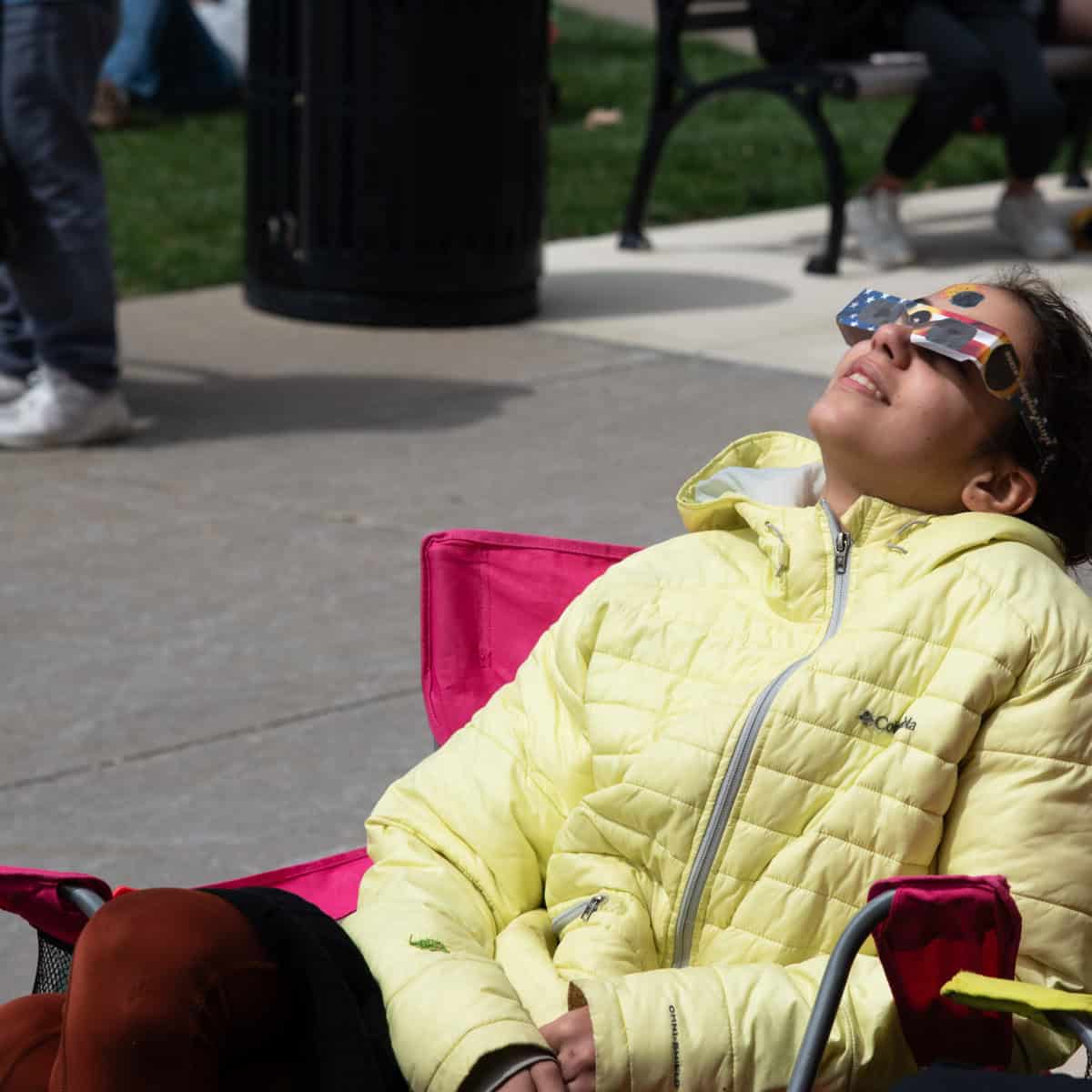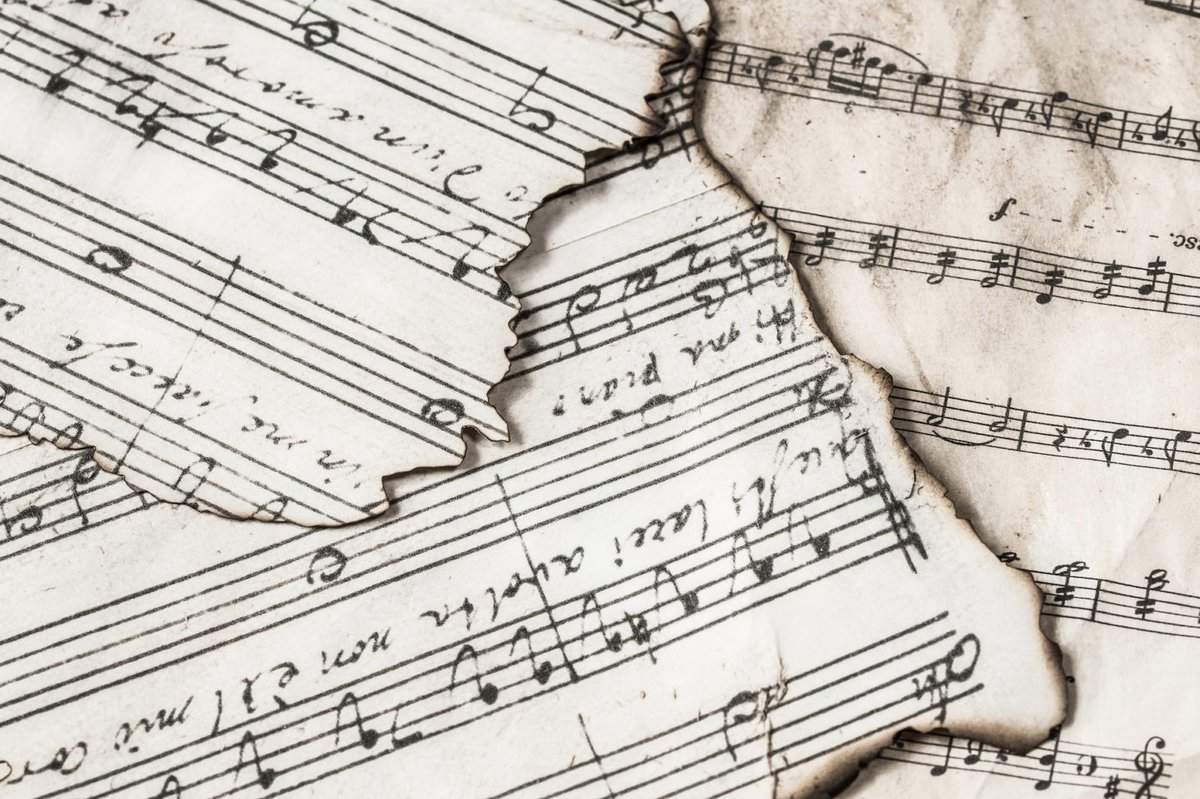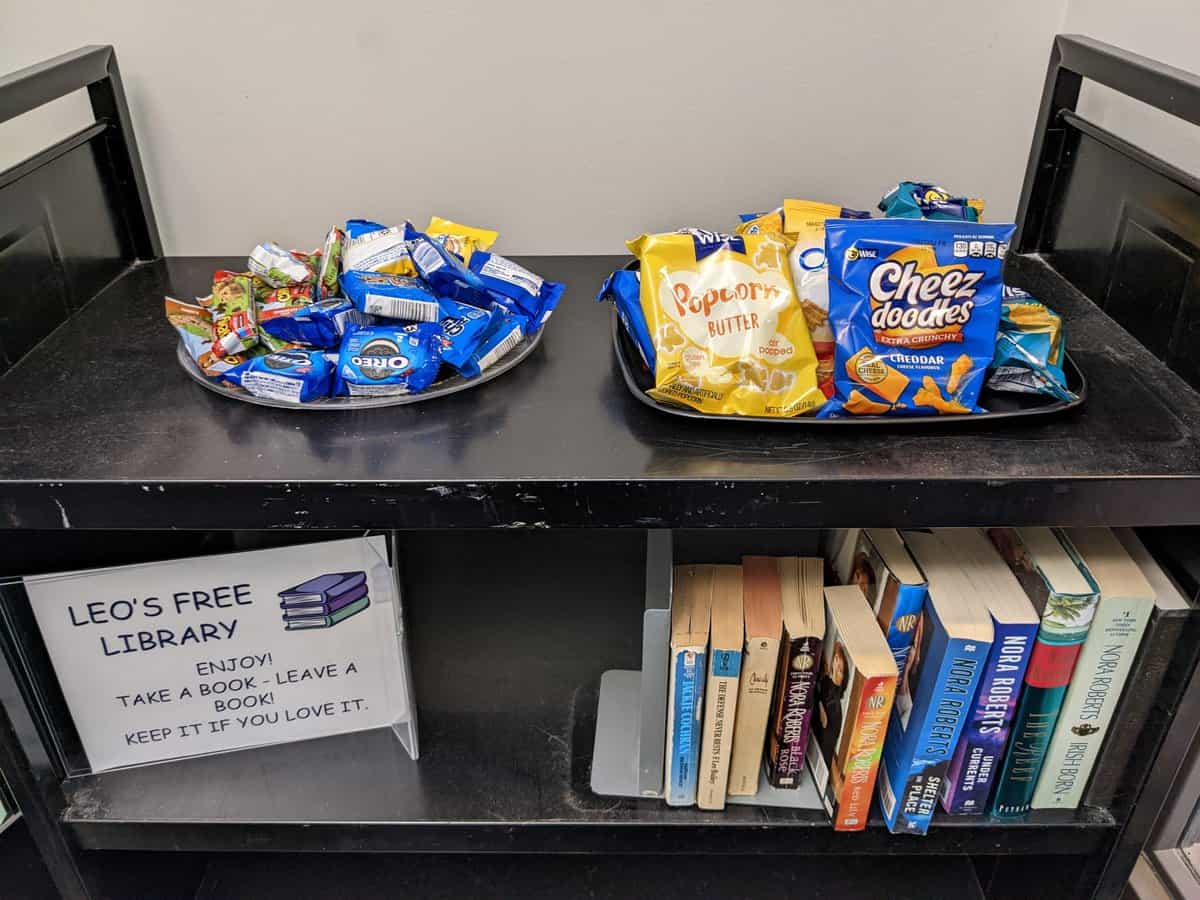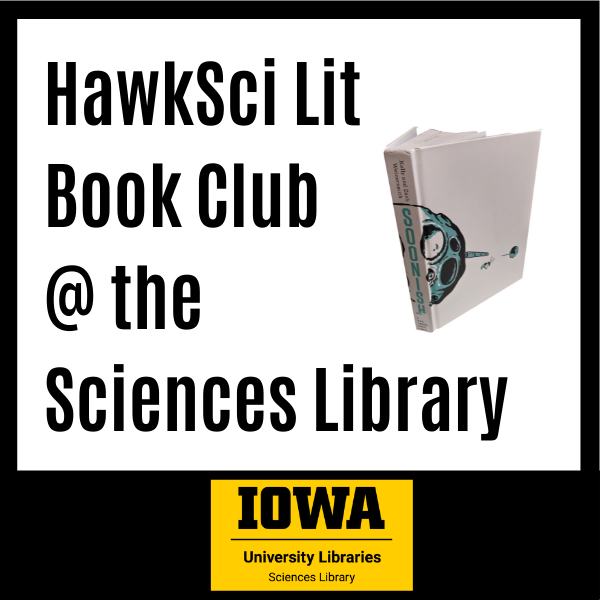Due to construction in the courtyard, the Sciences Library will be closed May 19–Aug. 3.* During this time, library staff will be available online and in their offices in the Van Allen, MacLean, and Chemistry buildings. They will have access to the Sciences Library to collect materials for patrons, but there may be delays inContinue reading “Sciences Library summer closure | May 19–Aug. 3 “
Category Archives: Astronomy
Science Expo: Exciting Experiments and Demos
Experience science with demonstrations from Hawk-Eyes on Science, University of Iowa Chemists, the Iowa City Science Booster Club, and more. Attendees are welcome to drop in at any time between 3:30 and 5 p.m. This event is free and open to all. When: Friday, Sept. 13, 2024, from 3:30 to 5 p.m. Where: Third floor of theContinue reading “Science Expo: Exciting Experiments and Demos”
Sciences Library and Department of Physics and Astronomy co-host successful solar eclipse viewing event
It was a thrilling experience to witness the partial solar eclipse that took place in the skies above Iowa City on Monday, April 8! The eclipse-viewing event, hosted jointly by the Sciences Library and the Department of Physics and Astronomy, was a huge success, with thousands of people gathering in the Sciences Library courtyard andContinue reading “Sciences Library and Department of Physics and Astronomy co-host successful solar eclipse viewing event”
Math Books and Journals
Would you like to browse the math books in the Main Library? We’ve made it easy with our new map! Find the location of the Math Collection on floor 2, or the latest issues of our print math journals (the current math periodicals) on floor 3. Remember, not all the UI math books are inContinue reading “Math Books and Journals”
Science Serenade (and Snacks)
Join us outside (weather permitting) in front of the Sciences Library along Iowa Ave on Tuesday, December 12 from 11:00 am to 1:00 pm of Final Exams Week for scientific-themed songs, treats, and beverages. All are welcome! Listen or join in on science songs such as Deck the Labs, The Twelve Days of Biology, andContinue reading “Science Serenade (and Snacks)”
Fall Workshops at the Sciences Library
Search like a Hawk: Discover Science Literature Wednesday, September 6, 11:30 AM – 12:20 PM Sciences Library room 102 There are millions of books and thousands of journal articles available through our science databases. How can you find what you’re looking for and stay-up-to-date in your subject? Learn how to search like an expert inContinue reading “Fall Workshops at the Sciences Library”
Welcome, Carol, new Sciences Reference & Outreach Librarian!
The Sciences Library is pleased to introduce Carol Hollier, our new Sciences Reference and Outreach Librarian! Carol comes to us from IFIS (International Food Information Services) Publishing in the UK, where she was Senior Information Literacy and Outreach Manager for the past four years. At IFIS, Carol supported food science researchers around the world, creatingContinue reading “Welcome, Carol, new Sciences Reference & Outreach Librarian!”
Free snacks and coffee for finals week at the Sciences Library!
Good luck on your final exams, Hawkeyes! We have free snacks, hot coffee, and tea here for you at the Sciences Library! If you are looking for a good, quiet comfortable place to study, we have three floors with places for you to study that include study booths, study carrels, computer stations, tables and largeContinue reading “Free snacks and coffee for finals week at the Sciences Library!”
SciFinder Classic is Retiring
If you are currently using the classic version of SciFinder, it is time to start using SciFinder-n. Chemical Abstracts Service (CAS) will discontinue the “classic” SciFinder interface on Dec. 31, 2022. SciFinder-n, will be the only SciFinder platform moving forward. If you are already using SciFinder-n, you do not need to do anything. Your SciFinderContinue reading “SciFinder Classic is Retiring”
Soonish: Ten Emerging Technologies That’ll Improve and/or Ruin Everything (HawkSci Lit Book Club)
Would you like to discuss a book written by one of our Iowa City Darwin Day speakers? Join the HawkSci Lit Book Club at the Sciences Library to discuss the delightful and witty book: Soonish: Ten Emerging Technologies That’ll Improve and/or Ruin Everything. This book was co-authored by Dr. Kelly Weinersmith, featured speaker atContinue reading “Soonish: Ten Emerging Technologies That’ll Improve and/or Ruin Everything (HawkSci Lit Book Club)”





